Latest update #Kunduz: 12 MSF staff killed (same as previous update) + 10 patients (up from 7 yesterday): image via MSF International @MSF, 4 October 2015
The desert moves, then stops. It is a museum made of light.
Its mighty magnitude goes on and on.
It blasts the sleeping woman in her bed. It
Blasts the sleeping man. They are made clean.
Then the wind moves off to Afghanistan.
These are millennial figures.
The tank sits upon the white sand.
The men are away from home for the first time.
Beyond them the great lonely peaks glisten.
They will hear familiar songs in the night wind.
Over to the east the great fires will burn
And burn. Something moves restlessly along the sand.
The wind picks it up and blows it away over the desert.
The desert opens, then closes. It is gone into another dimension.
It hardens into a memory. An artifact in a museum made of light.
The light of the desert washes everything clean.
A bright dog runs from Kabul to Albuquerque.
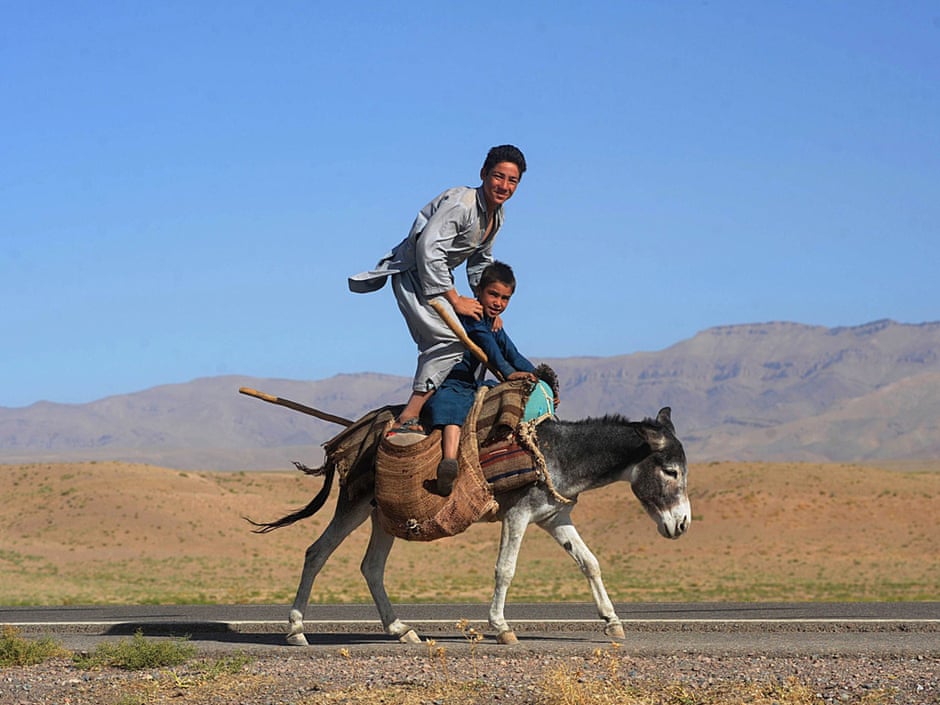
Kabul, Afghanistan. Youths pose as they ride a donkey on the outskirts of the capital: photo by Aref Karimi/AFP, 8 September 2012
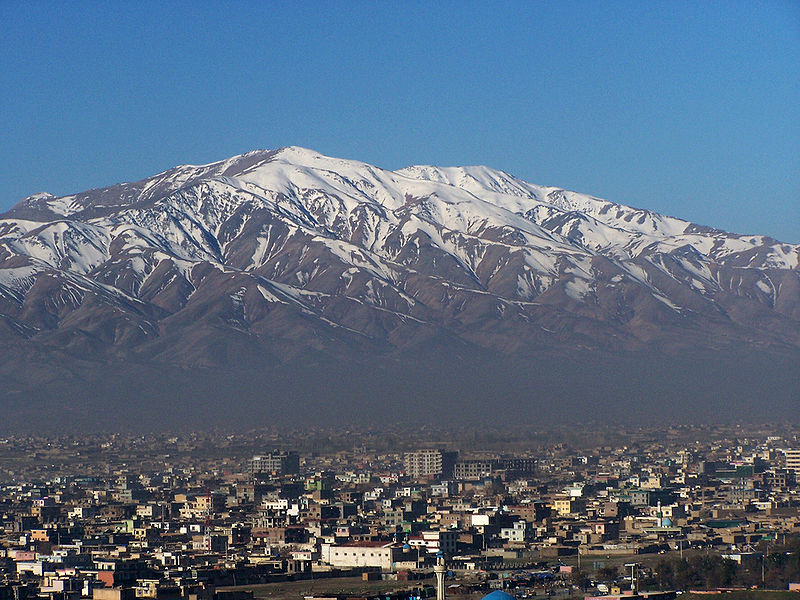
Snow mountains of Kabul: photo by Joe Burger, 2007

Walter Benjamin: A Map of Hell
I've been suffering greatly from the noise in my room.
Last night my dream recorded this.
I
found myself standing in front of a map and, simultaneously, standing
in the landscape which it depicted. The landscape was terrifyingly
dreary and bare; I couldn't have said whether its desolation was that
of a rocky wasteland or that on an empty ground populated only by
capital letters. These letters writhed and curved upon their terrain as
if following mountain ranges; I knew or learned that I was in the
labyrinth of my auditory canal. But the map was, at the same time, a
map of hell.
Walter Benjamin: Diary Entries, 1938 (excerpt), translated by Gerhard Richter and Michael W. Jennings in Selected Writings, Volume 3 (1935-1938), 2002

The bridge that separates the town of Los Alamos, New Mexico, from Los Alamos National Laboratory is shrouded in smoke from the Las Conchas wildfire: photo by Craig Fritz/Reuters, 28 June 2011

Kandahar, Afghanistan: PFC William Berczik from Houston, Texas with 4th Squadron 2d Cavalry Regiment stands on top of a Stryker vehicle following a live-fire exercise with 120mm mortars in the desert: photo by Scott Olson via The Guardian, 8 March 2015
#USA General says Afghan National Army requested strike on #Kunduz hospital that killed 22 including 8 doctors: image via Times of Islamabad @TimesofIslamabad, 5 October 2015
BREAKING: US says Afghans requested airstrike that struck #Kunduz hospital: image via RT @RT_com, 5 October 2015
A Kunduz, les médecins de l’hôpital de MSF pleurent des «larmes de sang»: image via Agence France-Presse @AFP, 3 October 2015

Doctors Without Borders staff members at a hospital in Kunduz that was badly damaged in an airstrike on Saturday: photo by Doctors Without Borders via New York Times, 3 October 2015
While we mourn the loss of our colleagues and patients, @MSF demands an independent enquiry #Kunduz: image via Dr Joanne Liu @JoanneLiu, 4 October 2015
Read MSF nurse Lajos Zoltan Jecs' harrowing eyewitness account of last night’s #KunduzAttack: image via MSF Canada @MSF_canada, 3 October 2015

Aftermath of the bombing that left 3 staff dead & many ppl wounded. #Afghanistan: image via MSF UK Press Office @MSF_Press, 3 October 2015
This is how we remember our #Kunduz hospital. 3-year-old Tamim plays with a balloon. (C MSF/Nora Guicheney): image via MSF UK @MSF_uk, 3 October 2015
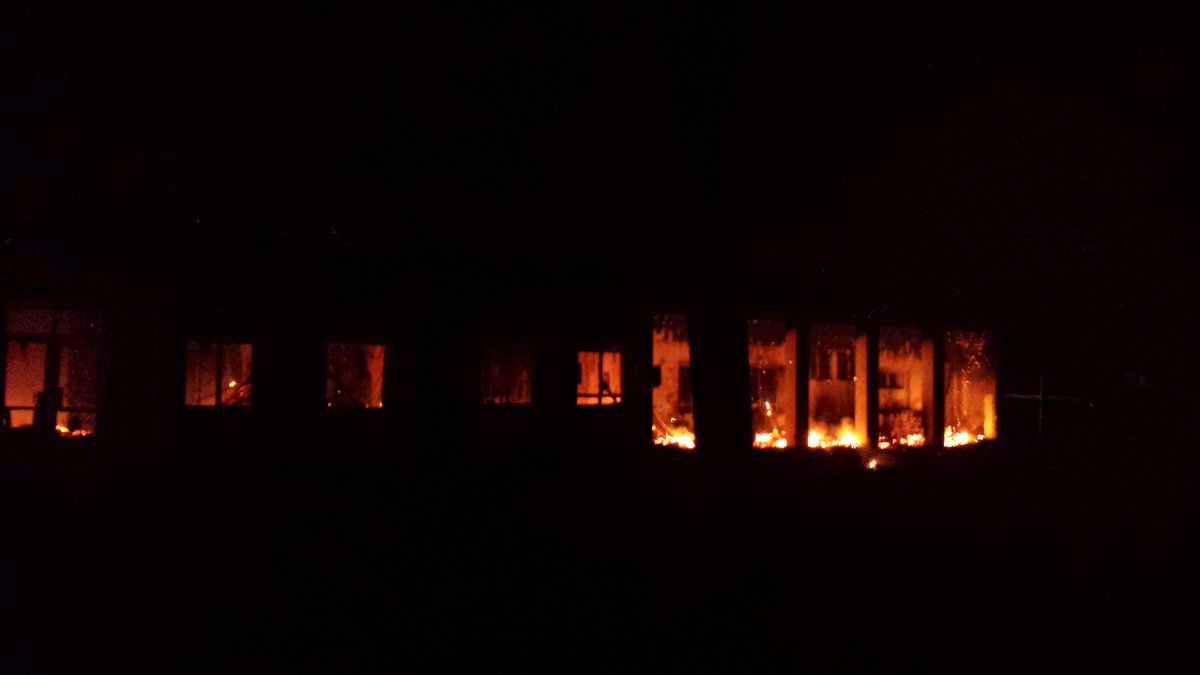
At 2:08AM our hospital in #Kunduz repeatedly hit by air strikes at roughly 15 min intervals: image via MSF Canada @MSF_canada, 3 October 2015
#USA General says Afghan National Army requested strike on #Kunduz hospital that killed 22 including 8 doctors: image via Times of Islamabad @TimesofIslamabad, 5 October 2015
Afghan forces asked for air strike at Kunduz hospital: image via Agence France-Presse @AFP, 5 October 2015

Military personnel at White Sands National Monument: photo by Daniel Schwen, 4 April 2004

Sparse vegetation in the gypsum dunes of White Sands National Monument: photo by Daniel Schwen, 4 April 2004

Sunset over White Sands National Monument, New Mexico: photo by Franzinho, 22 August 2009

Khost, Afghanistan. An Afghan girl reaches out to help her brother down from a security barrier set up outside the Independent Election Commission office. Anja Niedringhaus, a courageous and immensely talented Associated Press photographer who has covered everything from sports to war, was killed while covering elections in Afghanistan on Friday: photo by Anja Niedringhaus/AP via the Guardian, 5 April 2014
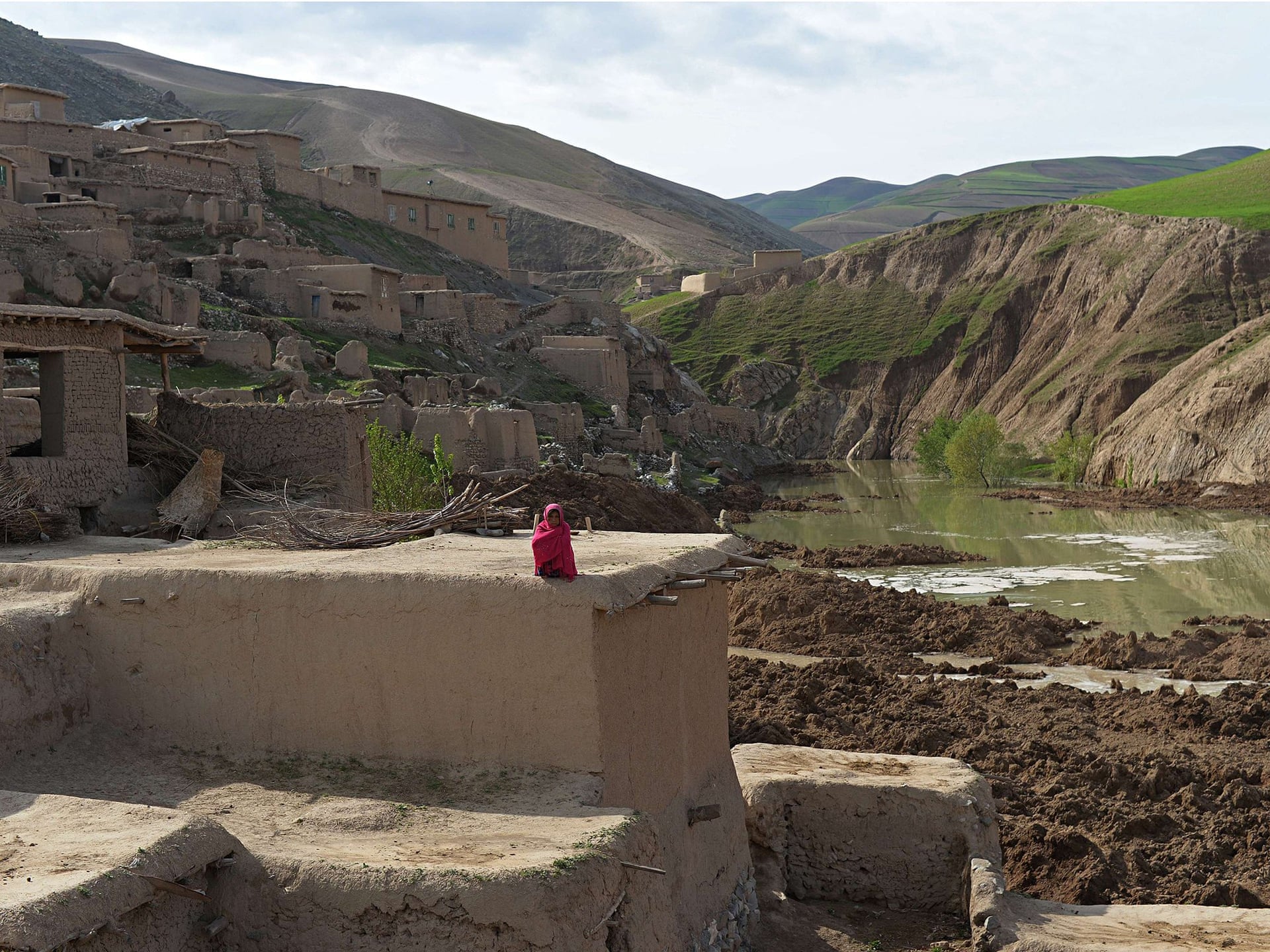
Badakhshan, Afghanistan. A villager looks on at the scene where a landslide in Argo district buried and killed hundreds of people under a tide of rocks and mud. The death toll could reach 2,000: photo by Shah Marai/AFP via The Guardian, 5 May 2014

A relative carried Madina, 8, wounded in an airstrike in Kunduz, into an emergency room in Kabul: photo by Victor J. Blue for The New York Times, 3 October 2015

Georgia Novello, a nurse in Kabul, comforted an 8-year-old girl wounded, along with her mother, in an airstrike in Kunduz: photo by Victor J. Blue for The New York Times, 3 October 2015

Kabul, Afghanistan. A girl plays with a toy gun during celebrations for Nowruz, the Iranian new year, which marks the first day of spring and the start of the year in the Persian calendar: photo by Mohammad Ismail/Reuters via The Guardian, 22 March 2015
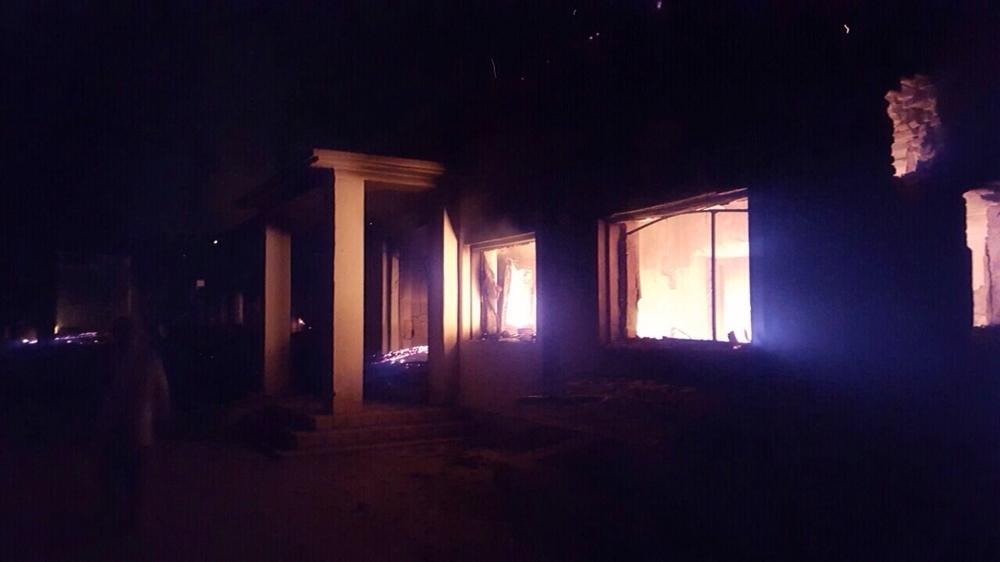

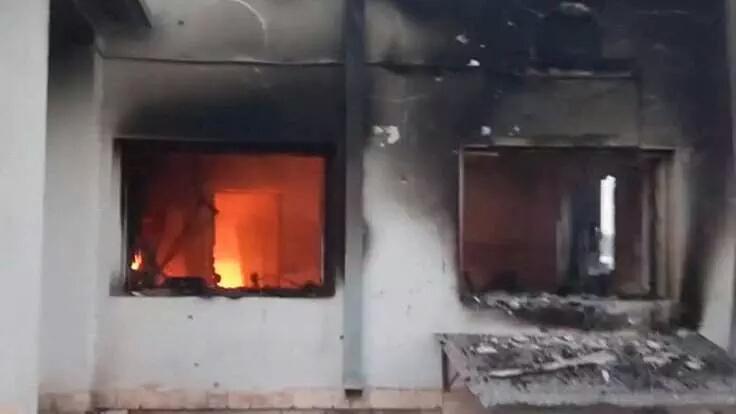
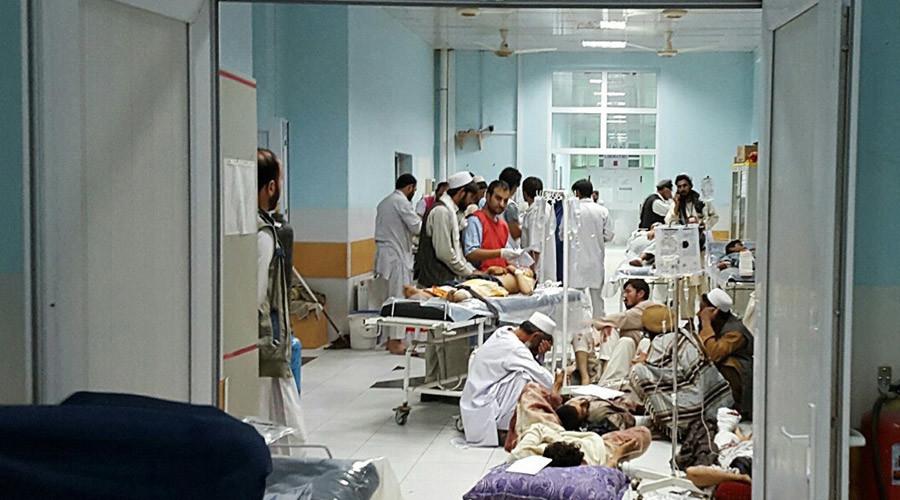
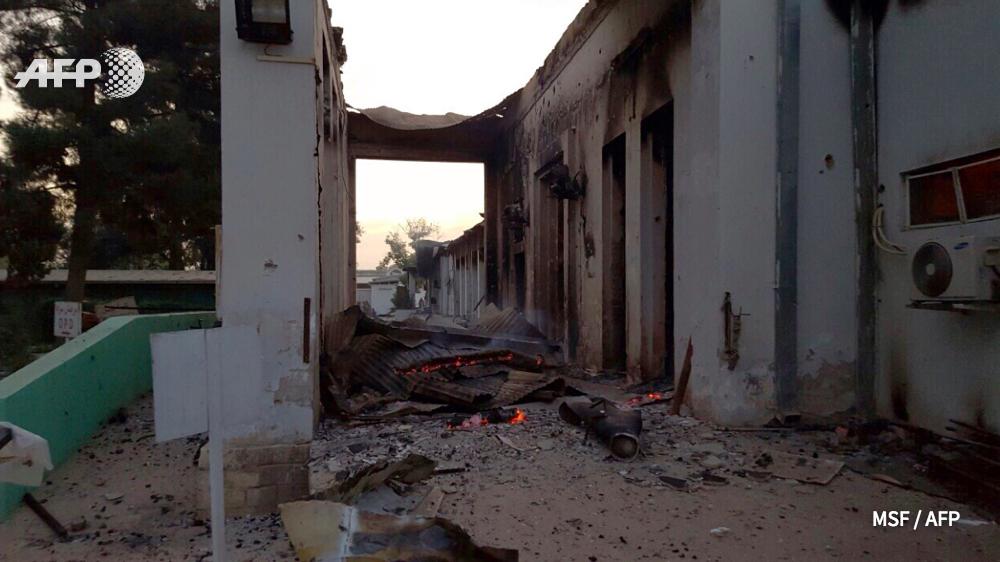
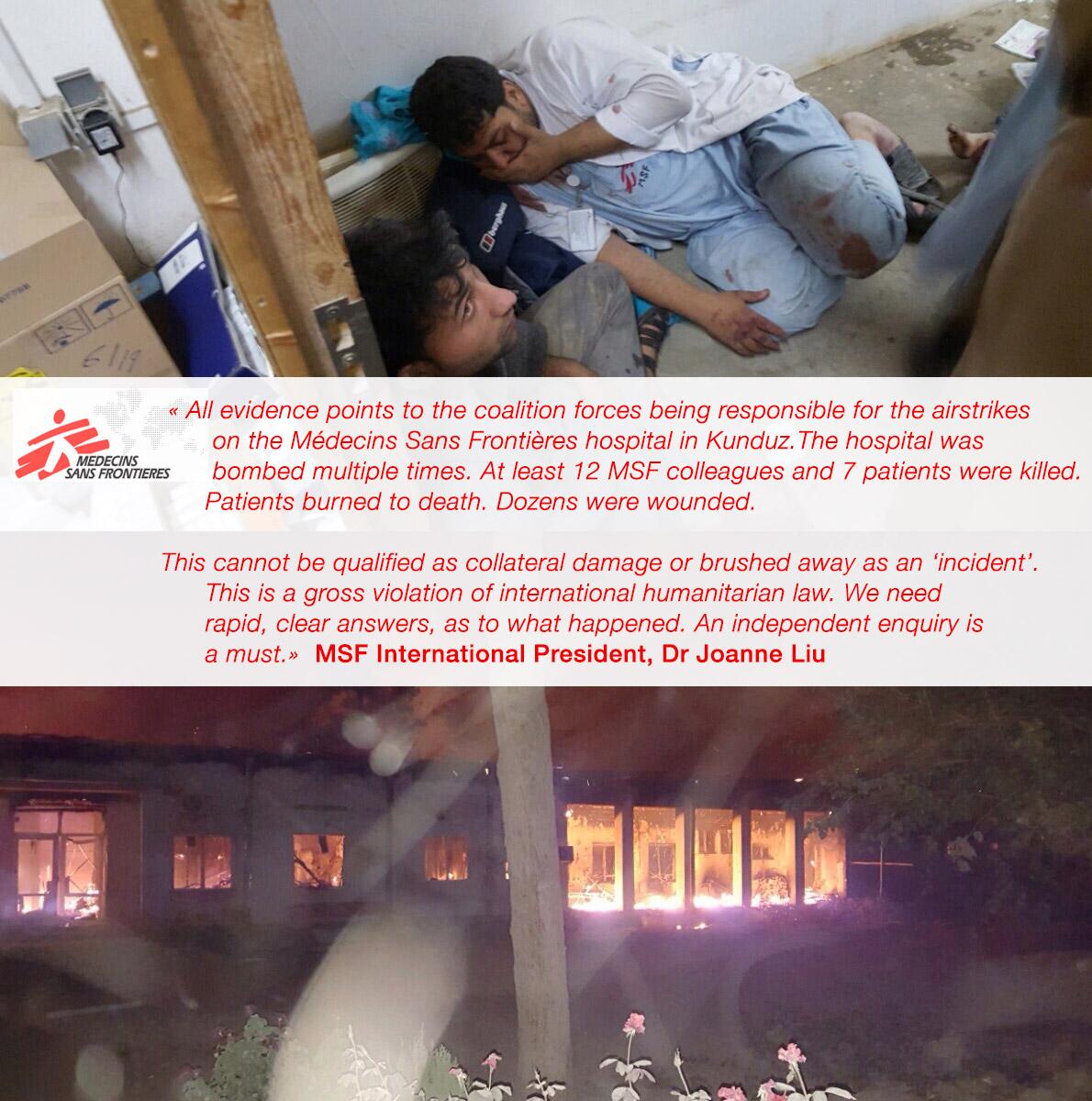
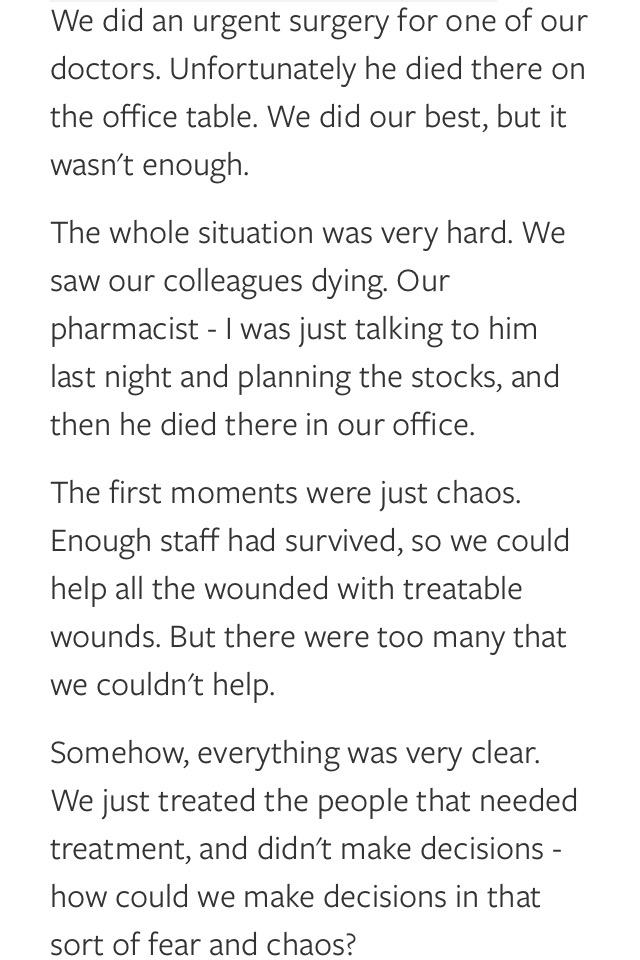
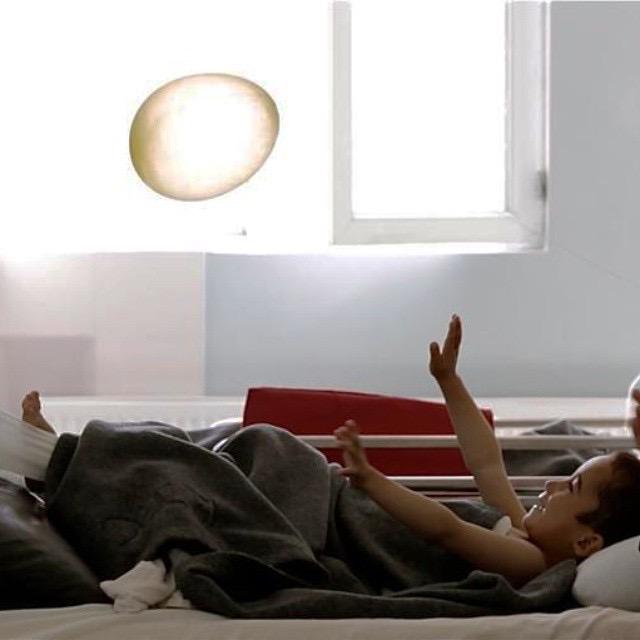
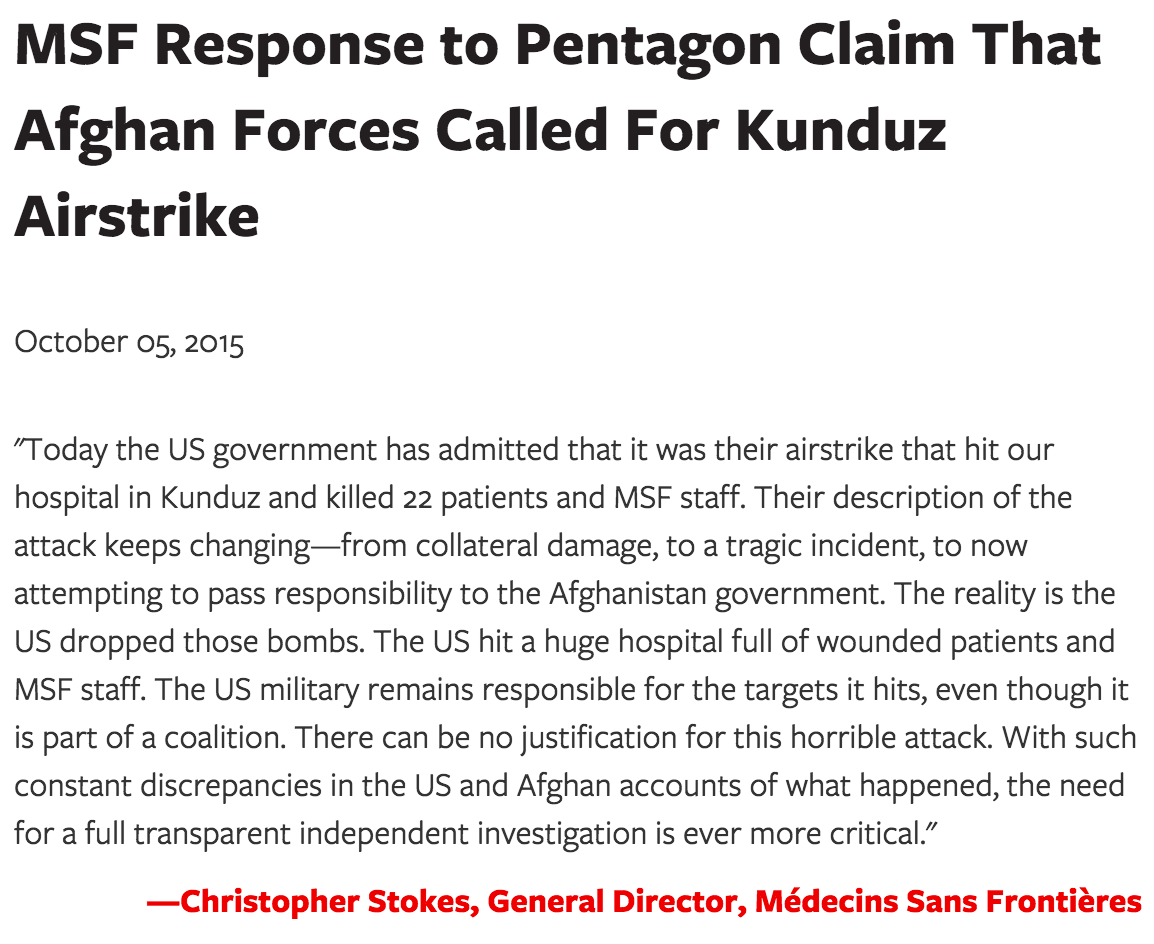
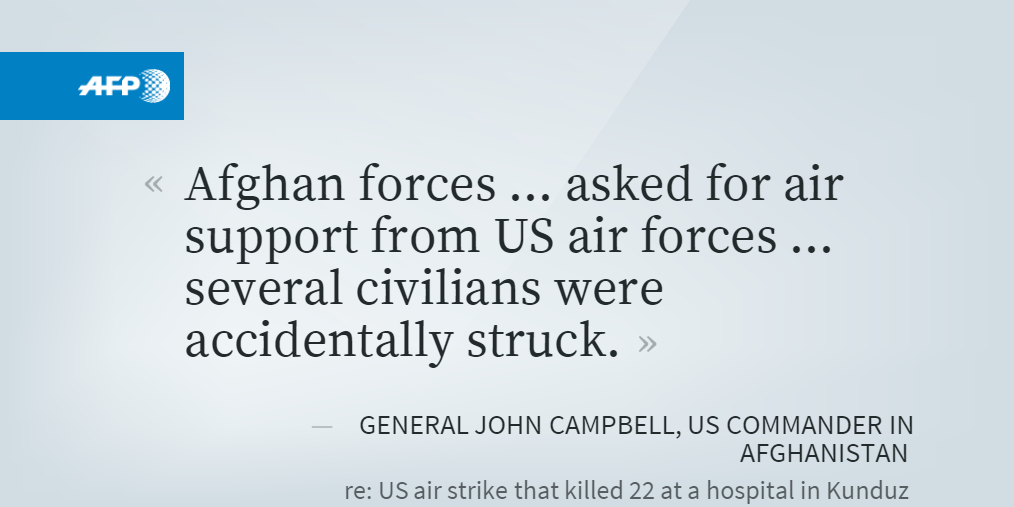



4 comments:
Kunduz attack may amount to war crime -- UN Human Rights Chief: euronews, 4 October 2015
"Animal must talk to human beings / teach them human rights": Fela Anikulapo-Kuti and Egypt 80: Beasts of No Nation, live at the Zenith, Paris, 1984
I "discovered" Walter Benjamin a short time ago and I have enjoyed his interesting writing...(his books are expensive here)...great man...sad ending!
Right on, man--no need to teach them human wrongs.
Doctors Without Borders airstrike: US alters story for fourth time in four days: The Guardian, 6 October 2015
US special operations forces – not their Afghan allies – called in the deadly airstrike on the Doctors Without Borders hospital in Kunduz, the US commander has conceded.
Shortly before General John Campbell, the commander of the US and Nato war in Afghanistan, testified to a Senate panel, the president of Doctors Without Borders said the US and Afghanistan and had made an “admission of a war crime”.
Shifting the US account of the Saturday morning airstrike for the fourth time in as many days, Campbell reiterated that Afghan forces had requested US air cover after being engaged in a “tenacious fight” to retake the northern city of Kunduz from the Taliban. But, modifying the account he gave at a press conference on Monday, Campbell said those Afghan forces had not directly communicated with the US pilots of an AC-130 gunship overhead.
“Even though the Afghans request that support, it still has to go through a rigorous US procedure to enable fires to go on the ground. We had a special operations unit that was in close vicinity that was talking to the aircraft that delivered those fires,” Campbell told the Senate armed services committee on Tuesday morning.
The airstrike on the hospital is among the worst and most visible cases of civilian deaths caused by US forces during the 14-year Afghanistan war that Barack Obama has declared all but over. It killed 12 Doctors Without Borders staff and 10 patients, who had sought medical treatment after the Taliban overran Kunduz last weekend. Three children died in the airstrike that came in multiple waves and burned patients alive in their beds.
On Tuesday, Doctors Without Borders denounced Campbell’s press conference as an attempt to shift blame to the Afghans.
“The US military remains responsible for the targets it hits, even though it is part of a coalition,” said its director general, Christopher Stokes.
Campbell did not explain whether the procedures to launch the airstrike took into account the GPS coordinates of the Doctors Without Borders field hospital, which its president, Joanne Liu, said were “regularly shared” with US, coalition and Afghan military officers and civilian officials, “as recently as Tuesday 29 September”.
It is also unclear where the US special operations forces were relative to the fighting, but Campbell has said that US units were “not directly engaged in the fighting”.
Campbell instead said the hospital was “mistakenly struck” by US forces.
Post a Comment